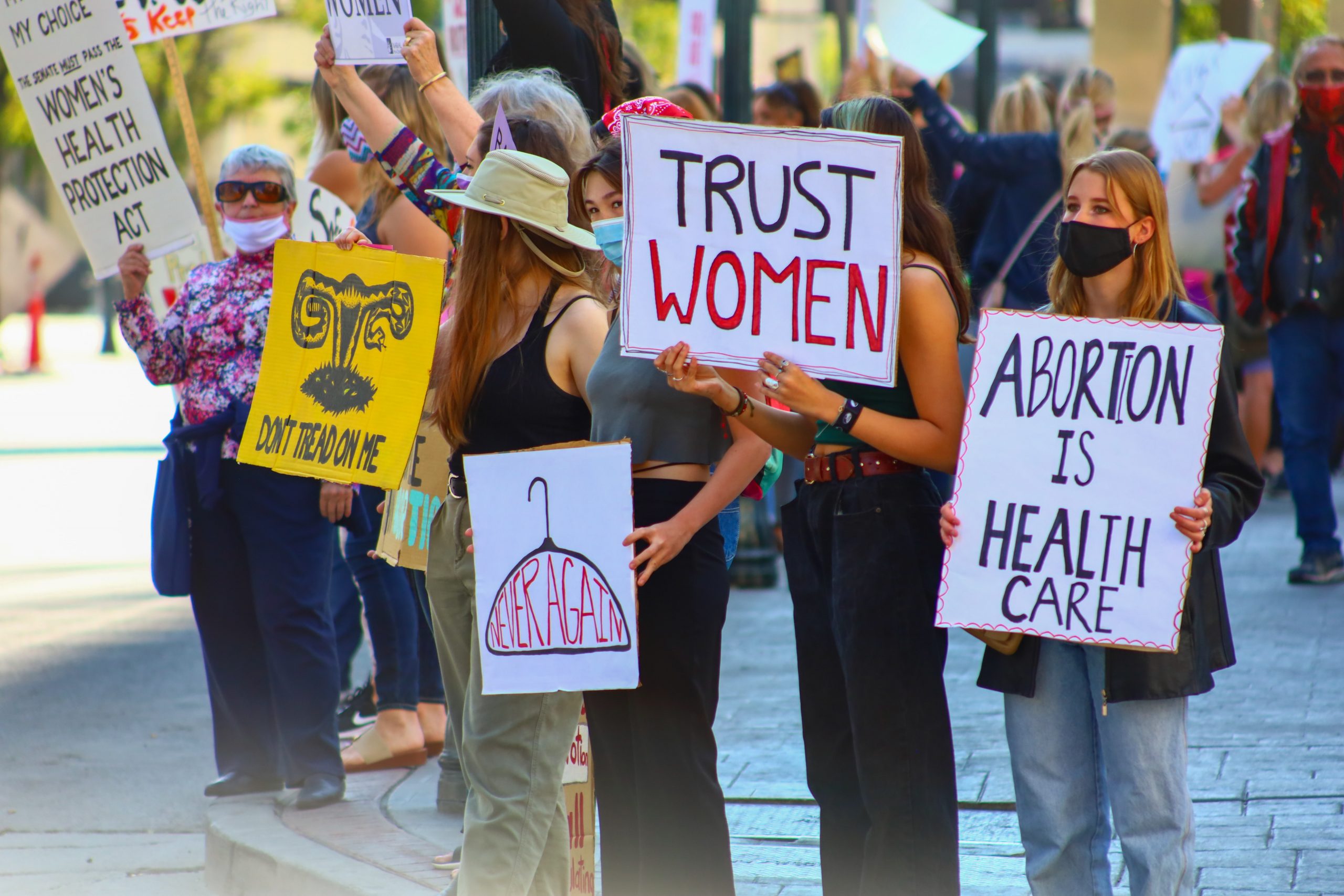Turkey Votes for New Constitution in Tussle for Country’s Future
By Patrick Cockburn
The Turkish government secured victory in a vote to amend the constitution drawn up by the country’s military to protect their power after a coup in 1980.
Yesterday’s vote, in which 58 percent of voters backed the changes – was held on the 30th anniversary of the 1980 coup, when as many as 600,000 Turks were arrested and at least 450 people died under torture; many others disappeared. The military of the day drew up a constitution that severely limited democracy and entrenched the power of the armed forces and a judiciary sympathetic to military control.
“Turkish democracy is at a turning point today, “ said Prime Minister Recep Tayyip Erdogan as he voted in Istanbul in a polling booth in the Uskudar district defended by police sharp-shooters lying on surrounding roof tops. “We are sitting an important test.â€
The changing of the constitution will make possible to try officers in civilian courts, stop the judiciary banning political parties (the ruling party was almost banned in 2008), and allowing the President and parliament to have a say in the composition of the powerful constitutional court.
It was also seen as a key indicator of who would win parliamentary elections due before July next year between the ruling and mildly Islamic AK party and the opposition Republican party (CHP) which claims to be the defender of Turkish secularism.
Since coming to power in 2002, the AK, led by Mr Erdogan, has been cutting back the power of the army and is being accused by the CHP of covertly undermining secularism.
The CHP is a revived political force under its new leader Kemal Kilicdaroglu and campaigned vigorously in defence of the Turkish version of secularism.
The struggle between supporters of the old secular but authoritarian elite, who have held power since 1923, and the AK government is likely to continue despite the government’s narrow victory.
The army’s grip on power has been weakened by a series of confrontations with Mr Erdogan over the past eight years in which it has come off worst. The military has not intervened in the referendum.
Clashes during the poll have been mostly in Kurdish provinces where the Peace and Democracy party, the largest Kurdish group, has called for a boycott on the urgings of the rebel Kurdistan Workers’ Party (PKK) that commits guerrilla attacks, though it is observing a ceasefire at present.
The PKK wants the government to talk to its imprisoned leader, Abdullah Ocalan, and the lifting of a rule whereby a party has to get 10 per cent of the vote to sit in parliament. The AK has not delivered on promised reforms for the Kurds and is nervous that any concessions would be used against it by the CHP, anti-Kurdish nationalist parties and the army. Entry into the European Union remains an objective of AK policy which is unlikely to happen because of objections by France and other member states.
But preparing the ground for EU membership has helped Mr Erdogan clip the powers of the army and make it next to impossible for it to launch another military coup; there have been four since 1960.
The Independent.
12-38














2010
1,246 views
views
0
comments